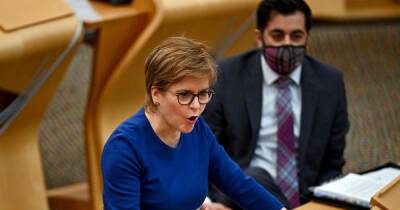How Fed interest rate hikes could impact mortgages, car loans, card rates
WASHINGTON (AP) - Will mortgage rates go up? How about car loans? Credit cards?How about those nearly invisible rates on bank CDs — any chance of getting a few dollars more?With the Federal Reserve signaling Wednesday that it will begin raising its benchmark interest rate as soon as March — and probably a few additional times this year — consumers and businesses will eventually feel it.The Fed’s thinking is that with America’s job market essentially back to normal and inflation surging well beyond the central bank’s annual 2% target, now is the time to raise its benchmark rate from near zero.The Fed had slashed its key rate after the pandemic recession erupted two years ago.
The idea was to support the economy by encouraging borrowing and spending. But now, by making loans gradually costlier, the Fed hopes to stem the surging price increases that have been squeezing consumers and businesses.Here are some questions on what this could mean for consumers and businesses.Probably, but it's hard to say.
Mortgage rates don’t usually rise in tandem with the Fed’s rate increases. Sometimes they even move in the opposite direction.
Long-term mortgages tend to track the rate on the 10-year Treasury, which, in turn, is influenced by a variety of factors. These include investors’ expectations for future inflation and global demand for U.S.



















































